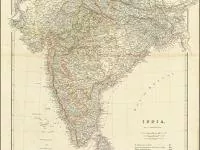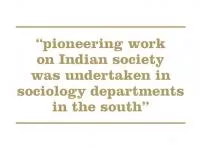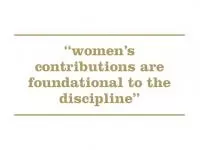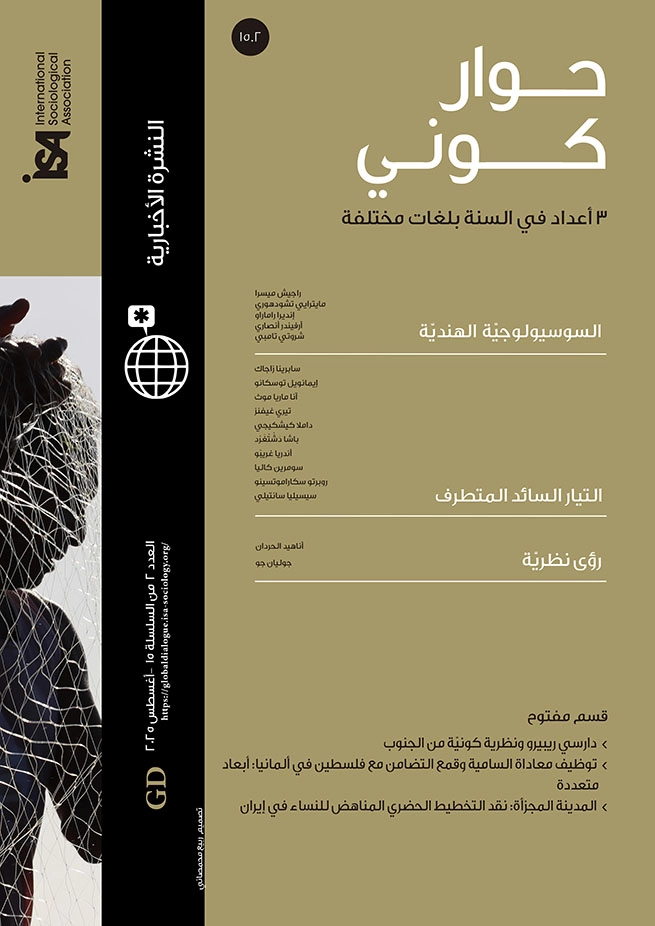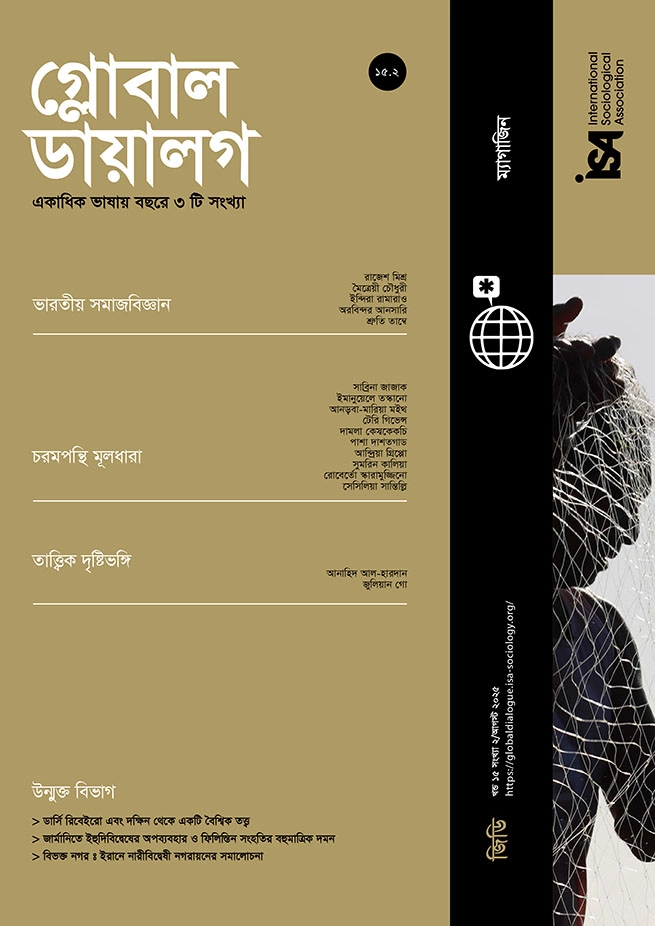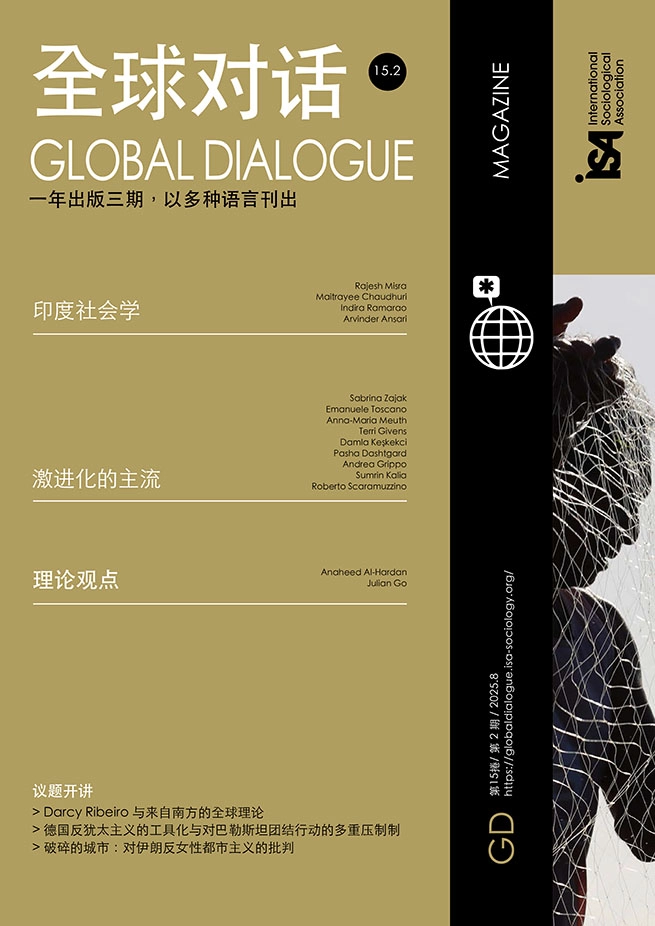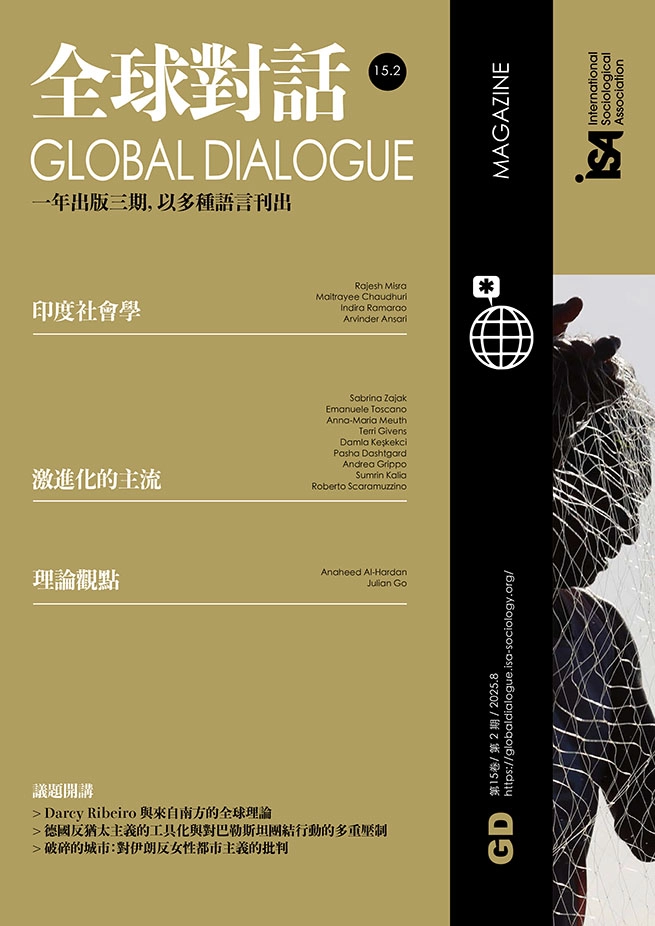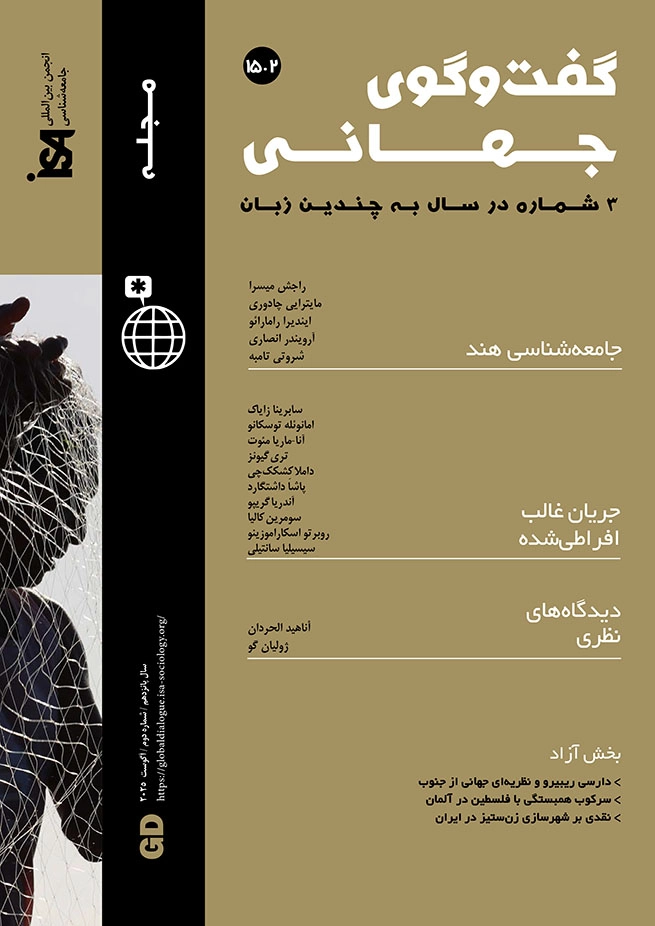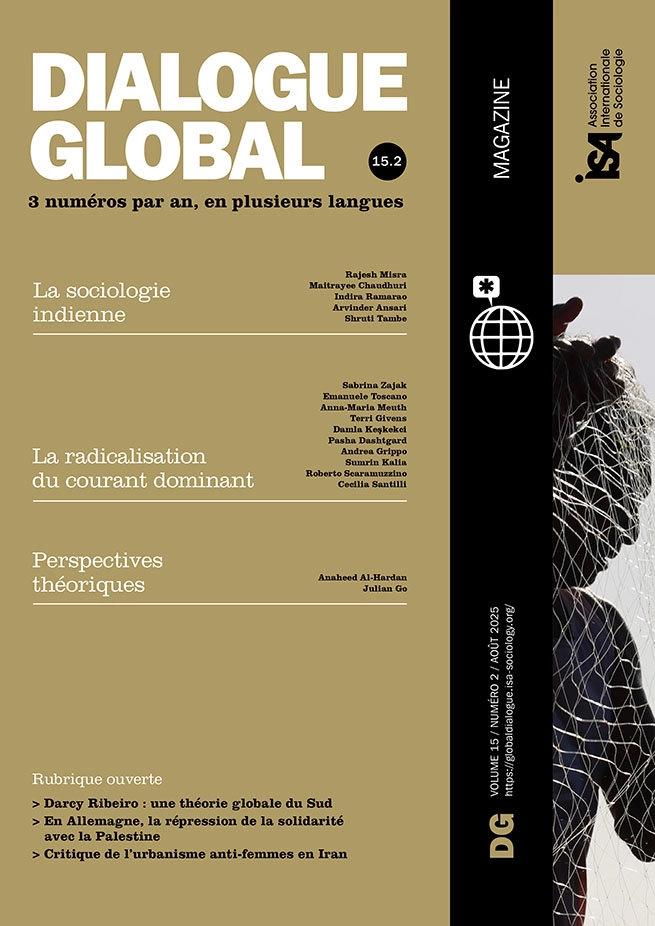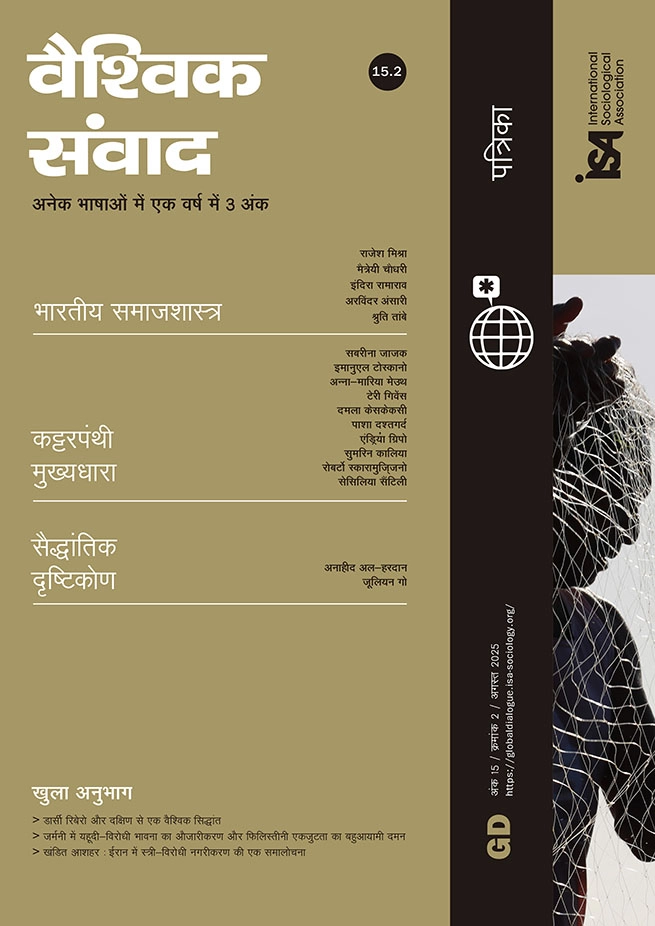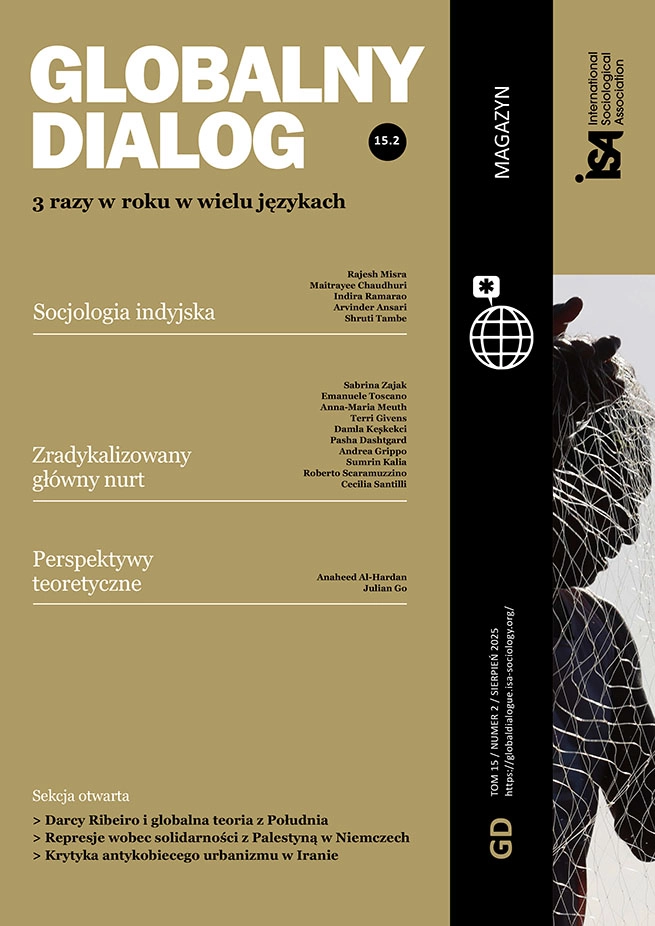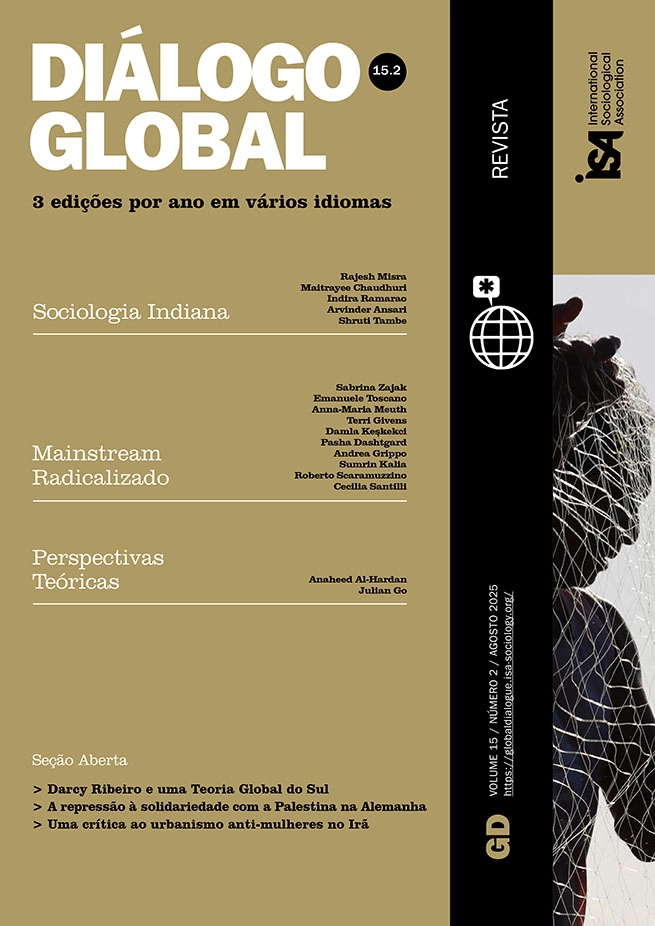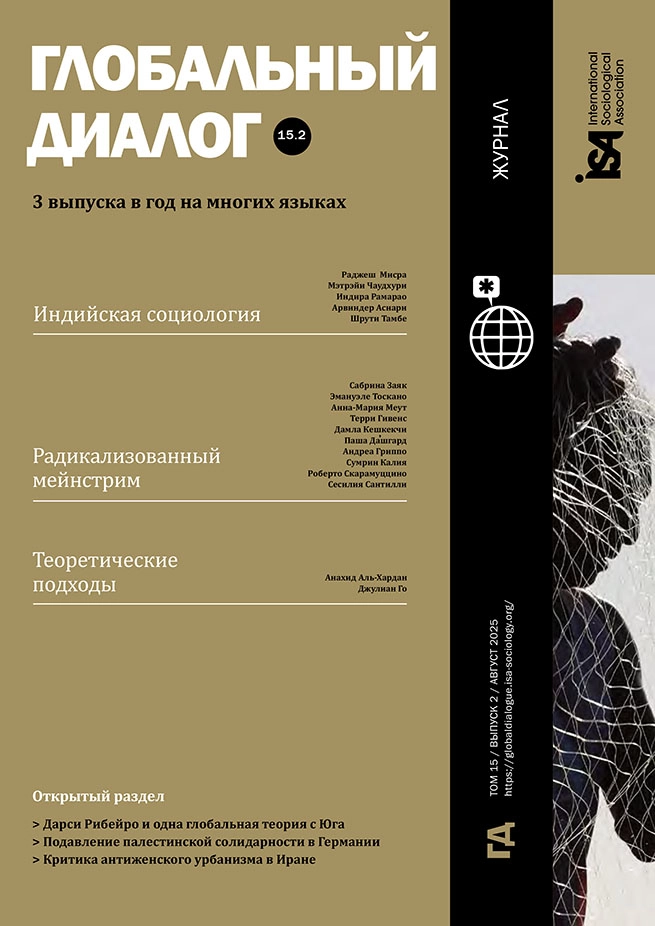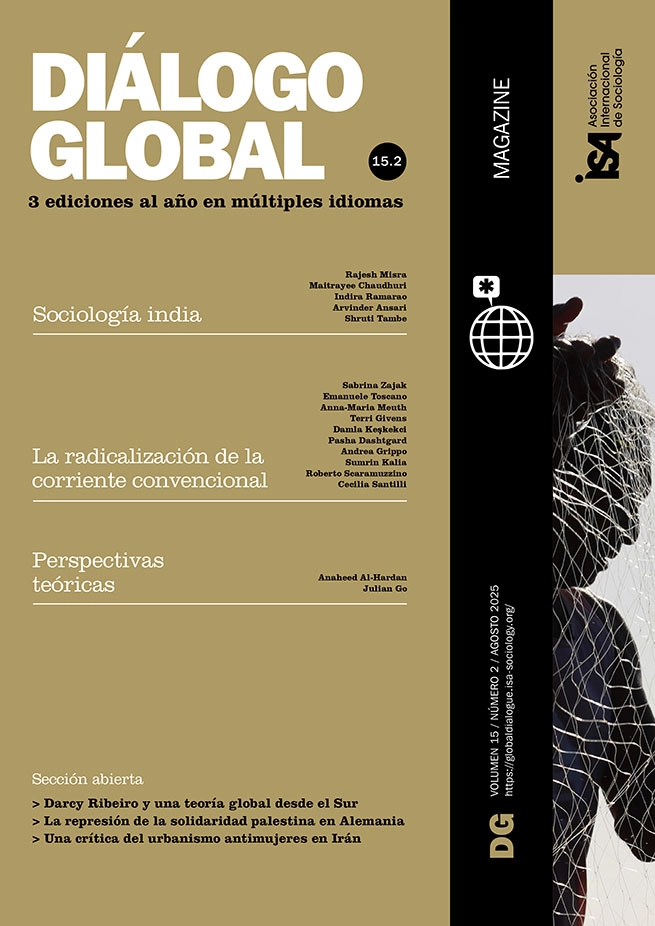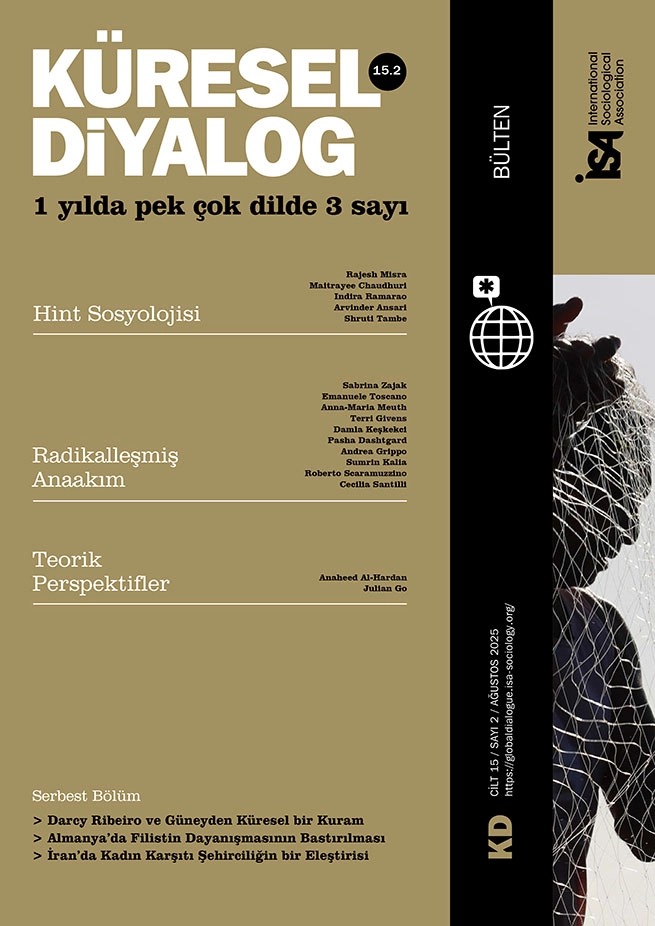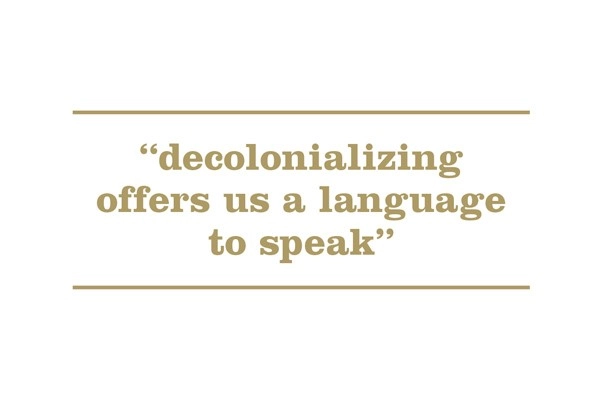In India, the disciplines of sociology and anthropology, with their close but contested relationship, began when India was still a British colony. Linkages between colonialism and sociology in India are thus necessarily deep and complex. In recent decades, a body of scholarship on disciplinary histories as well as the relationship between anti-colonial thought and social theory has emerged.
Locally within Indian sociology, however, there has been a much longer history of debate on the limits of alien concepts and a quest for indigeneity, as is evident from even a cursory look at the debates in Sociological Bulletin, Contributions to Indian Sociology and Seminar.
Globally, there has been a buzz around decoloniality; paradoxically, a relatively recent import in an erstwhile colonized country such as India. The questions that these developments prompt one to ask are: Can the quests within Indian sociology be read as “decolonizing” in the ways that the term is being used now? And does the long persistent quest to resist academic colonialism mean that Indian sociologists agreed upon what it means to critique Western categories?
The answer to the latter question is, perhaps, not quite. Many early sociologists in India share a common concern with nation-building, social reform, and importantly the value of science. However, another intellectual strand that was always present but long muted was an advocacy of India’s unique culture demanding its own set of analytical categories. Even within that claim, important differences existed. However, it is with the rise of Hindutva that the idea of a hegemonic Indian Knowledge System (IKS) has acquired power and legitimacy. Significantly, this has been accompanied by an appropriation of the concept of decoloniality, begging the question: How do we read de-colonialism?
Decoloniality as doing
Writings on decoloniality suggest that decolonizing is not a singular thing; it is more about “doing”, better grasped as a verb and therefore a process. Reading through efforts at decolonizing the classroom and syllabi in the West made me rethink my own pedagogic engagement. It made me wonder whether decolonizing is a term that I can add in retrospect. I draw from two sets of experiences: teaching a course on gender and writing on feminism in India; and teaching a course on concepts of social change in India. To fill in the context further, I entered university as a student in the late 1970s and started teaching in India in the late 1980s.
Teaching gender, acknowledging feminism
The Global North has been a pervasive presence in our local everyday academia. Its presence was larger than life in our curriculum. Teaching a course on women and society in the early 1990s, I felt a certain unease concerning beginning with the mandatory reference to liberal, socialist, and radical feminist theories in Western textbooks. It made more sense to me to begin with history. It was, however, only in retrospect that I figured out why historizing was important; for the theoretical frames available at the time had no space for different histories. The buzz about multiple modernities had still not reached our shores nor had provincializing Europe. Third-world feminism had yet to become an essential add-on to the internationalized curriculum in the Global North. We were still struggling, sans the language to argue that our global histories have played out differently. Our modernity was therefore different, just as our feminist histories were.
As I struggled to write a conceptual account of feminism in India, I went through a process of learning from the everyday challenges that I faced. The first was the belief that feminism was not debated in India. In retrospect, I understood that this meant we had no debate akin to The Unhappy Marriage of Marxism and Feminism. Second, I realized that the obvious but often overlooked fact is that, while for Western feminists whether or not to engage with non-Western feminism is an option they may choose to exercise, no such clear choice is available to non-Western feminists or anti-feminists. For us, our very entry to modernity has been mediated through colonialism, as was the entire package of ideas and institutions such as nationalism or democracy, free market or socialism, Marxism or feminism.
Third, was a recognition that contexts of knowledge circulation have changed. The nature of Western/modern ideological influence during colonialism and anti-colonial resistance was directly political, linked to social movements – whether of middle class or anti-caste social reformers, nationalists, communists or Adivasis. They sought to make history, seeking to articulate a distinct identity. For those in the women’s movement, it was often expressed as a denial. “I am not a feminist” was a statement heard more often than not from women who were major public figures, leading to questions of whether we ought to go by self-definitions or by assessing their actions and consequences in society.
Fourth, therefore, recognizing that feminism was being debated, but differently, took time, particularly because such attempts at articulating difference were taking place in a context uninformed by either the language of difference or the more recent political legitimacy accorded to it. Concepts which slide spontaneously to the tip of the tongue and pen “gender construction”, “performativity”, “patriarchy”, and “intersectionality” went under different labels a century ago. It is only in hindsight that most Indian feminists learnt that they were intersectional analysts.
Teaching concepts of social change in India
For a long time, Indian sociology was in a state of constant catching up, keeping pace with concepts generated by the West. Thus, even as the modernization framework dominated Indian sociology for decades, the desire to develop concepts that were seen as home-generated was strong. I recall many seminars where Sanskritization would be flagged as an instance of authentic concept-making; and where both feminist and anti-caste questionings, like earlier Marxist ones, were seen outside the sphere of academic sociology.
In my sociology class, we learnt about modernization as the process of change towards those types of social, economic, and political systems that developed in Western Europe and North America and that would spread globally. We also read that there is a cultural lag, but in time we too would develop institutions that paralleled those of the more economically advanced nations, which ultimately would lead to a global convergence of societies. Colonialism was given a miss. This was more than a little strange in a country where we grew up learning about Dadabhai Naoraji (1825-1917) and his book Poverty and Un-British Rule in India as an early critique of uneven development and theory of the Indian “wealth drain”. Thus, even when theories of underdevelopment and André Gunder Frank were introduced, they were an add-on to a largely structural functionalist framework that worked as the template for Indian sociology.
The key takeaway from modernization theory was the compatibility/ incompatibility between “traditional structural and cultural features” and “development”. Historians of modern India have shown that while modernization in the West led to urbanization, in India the destruction of the handloom industry with the flooding of manufactured goods from Britain led to the immiseration of weavers, who then flooded the rural and agrarian spaces. Some of them became part of indentured labour working in sugar and cotton plantations in distant lands such as the Caribbean, or British, Dutch and French Guiana. When I began to teach modernization in India, I had to move away from that inquiry of cultural lag and complicate the storyline; and deal with the historical specificities of our encounter with modernity via colonialism. One had to move away from abstract theory to history, much like my experience with feminism.
Final notes
It is only in hindsight that it made sense why recourse to historical details was so important for us and why histories of doing in the Global South were histories of theorizing. Our stories did not exist within extant theoretical frameworks, for anti-colonial movements and thought remained hidden in mainstream sociology. While wary of buzzwords, and the dangers of appropriation, decolonializing offers us a language to speak.
Maitrayee Chaudhuri, President of the Indian Sociological Society and Jawaharlal Nehru University Delhi, India <maitrayeec@gmail.com>
